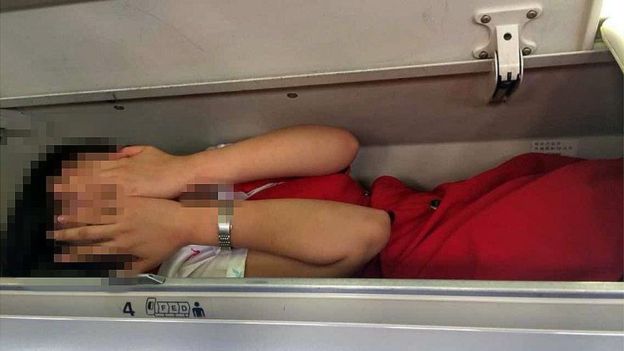The European Central Bank slowed the pace of its interest rate increases Thursday, stepping back like the U.S. Federal Reserve from a string of jumbo hikes aimed at snuffing out inflation. The ECB’s quarter-point hike follows evidence that its efforts are working by making mortgages and business loans harder to get.
The decision comes a day after the Fed approved a quarter-point increase and hinted that it may be the last for now. But the central bank for the 20 countries that use the euro currency started later and may still have further to go even as economic growth slows to a crawl and U.S. bank instability stirs new fears of financial turmoil.
The ECB said in a statement that inflation “has declined over recent months but underlying price pressures remain strong.” It says its previous streak of six big hikes of half- or three-quarters of a point are being “transmitted forcefully” by making loans harder to get but how that affects the rest of the economy isn’t yet clear.
The ECB’s lending survey this week showed that banks are getting stricter about giving loans and that consumers and companies are asking for less credit and fewer mortgages.
Making it more expensive to borrow can cool off spending, easing pressure on prices but potentially weighing on economic growth. Demand for housing loans in the eurozone plummeted in the first three months of the year, following the sharpest decline since statistics started in 2003 at the end of last year.
© The Indian Panorama





Be the first to comment